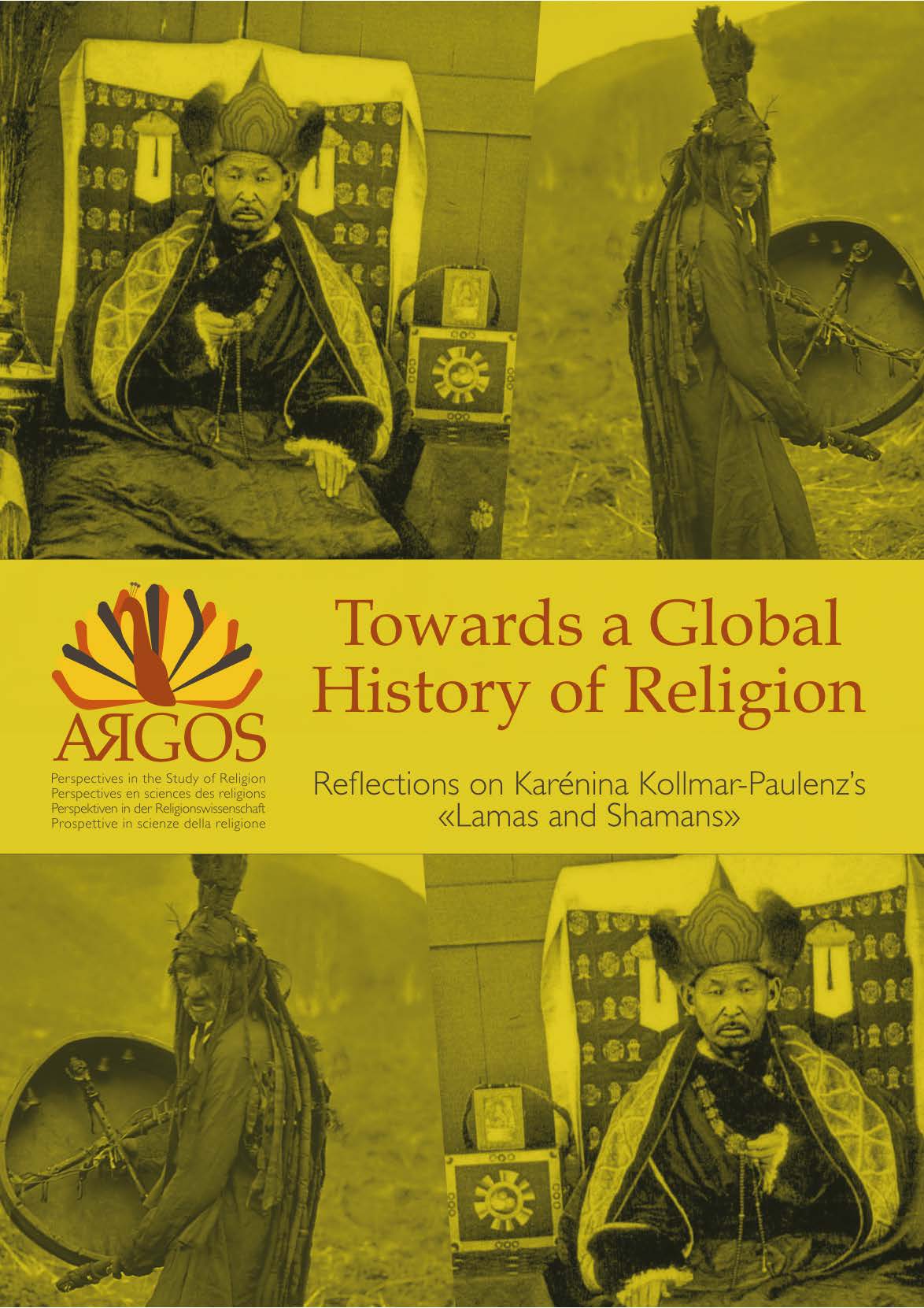Originalbeiträge Übersetzungen Sonderhefte Buchbesprechungen Interviews Foto-Essays
Abstract
In this response to Karénina Kollmar-Paulenz’s celebrated essay on non-European concepts in the global study of religion, I discuss the possibility for religious innovation in a socio-religious situation stabilised by objectified elite perspectives by reference to formative teachings and practices in Tenrikyō, a religion founded by Nakayama Miki in 1838. Nakayama Miki’s deviation from the knowledge system of “nourishing life” (yōjō), especially in regard to perinatal food taboos, analysed here on the basis of hagiographical accounts of the foundress, aimed to free humans from all food restrictions. By concentrating on the traditional Japanese “nourishing life” system and its food regulations as an identity marker of the “other”, proponents of freedom from them, as taught by the foundress, contributed in some way, paradoxically, to the stabilisation of the norms.

Dieses Werk steht unter der Lizenz Creative Commons Namensnennung - Nicht-kommerziell - Weitergabe unter gleichen Bedingungen 4.0 International.
Copyright (c) 2024 Katja Triplett

